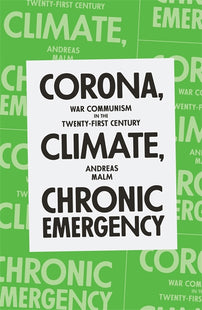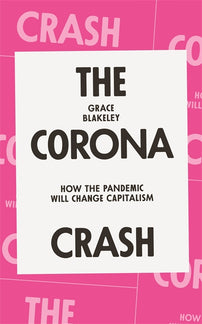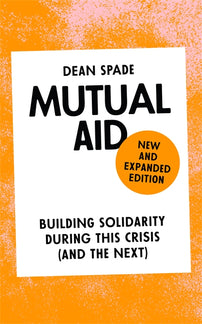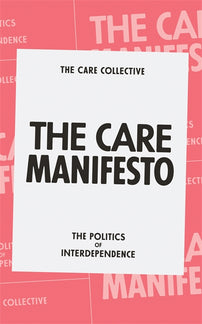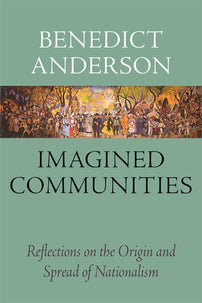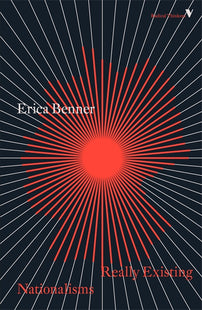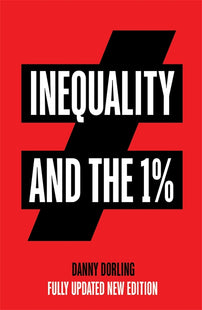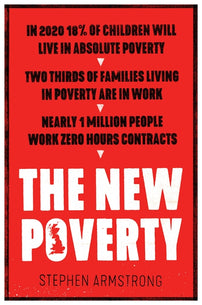Tilting at windmills: the catastrophe of vaccine nationalism
As the COVID-19 vaccines are rolled out across the richest countries, Arianne Shahvisi warns against the rise of 'vaccine nationalism' that polices who does and does not get the jabs. And why this is likely to consolidate existing global inequalities.

On 26th September 1940, philosopher Walter Benjamin swallowed the morphine tablets he’d been carrying as he fled Nazi-occupied France. He’d trudged along a smuggler’s route through the Pyrenees with his unwieldy briefcase and a group of other refugees. On reaching the Spanish town of Port Bou, they discovered that the border was closed and their route to safety blocked. Dejected, exhausted, and fearing internment in a concentration camp, Benjamin pulled out his last resort deus ex machina. It was a terrible tragedy of miscalculation. A day later, the border reopened, and his travelling companions were able to continue their journey.
Benjamin is not the only person whose death is especially heart-rending for its timing. Wilfred Owen, who so hauntingly documented the horrors of trench warfare, was killed in action just a week before the end of the First World War. In a scene of cruel poetic injustice, the dreaded telegram reached his parents as the armistice bells tolled in Shrewsbury church.
My mother recalled Wilfred Owen’s untimely death when we decided it was too unsafe to have the usual family Christmas. She took the disappointment well: the vaccine had just been approved and she mused that there was no point in taking risks with the end now in sight.
What the end will look like is still unclear. There are questions about the capacity of the vaccine to account for mutations in the virus, its ability to guard against transmission, the longevity of its protection, and the government’s ability to distribute it swiftly enough to avert a third peak. What is clear is how little we’ve learned from this exercise in transnational suffering.
Having earlier in the pandemic urged us to be mindful of the needs of others when shopping for essential items, the UK has joined other wealthy states in openly stockpiling vaccine doses. It’s estimated that it has now acquired the capacity to vaccinate its entire population three times over. Globally, 80% of vaccine doses are earmarked for around 13% of the world’s population.
[book-strip index="1" style="display"]Yet this “vaccine nationalism” is self-undermining. Herd immunity in one domain is of limited use if an infectious disease rages on unabated elsewhere. Israel will undoubtedly soon discover this as it faces the inevitable consequences having excluded Palestinians—thousands of whom must cross its borders every day—from its high-speed vaccination roll-out. Using vaccines to score political points is folly; infected adversaries are infectious adversaries. Vaccine nationalism is apt to leave a nation hoist by its own petard.
Nor does it make economic sense: it is estimated that uneven vaccination distribution could cost the global economy up to $1.2 trillion. Modelling shows that in an equitable allocation scenario, in which the Covid-19 vaccine is distributed evenly, twice as many lives can be saved globally as in scenario in which rich countries hoard vaccines. We have chosen the latter.
It seems that the medical benefits of the vaccine are secondary to its symbolic value. In the UK, vaccine nationalism is part of a face-saving mission. The government’s new propaganda outfit, the “Union unit,” which defends against the threat of Scottish independence, unsuccessfully sought to have the Union Jack printed on the vaccination kits. I imagined the needle plunging into my arm like a flagpole into someone else’s land, or the injection of an immunological simulacrum of the UK Border Agency.
Matt Hancock wept as British people became the first in the world to be vaccinated (the 75,000 dead have left him dry-eyed and cackling.) Gavin Williamson channelled Trump’s playground swagger when he remarked that “I just think we have the very best people in this country and we’ve got the best medical regulators. Much better than the French have, much better than the Belgians have, much better than the Americans have. That doesn’t surprise me at all, as we’re a much better country than every single one of them, aren’t we?”
Nationalism, as the late John le Carré once said, requires enemies. But while Boris Johnson never tires of military metaphors to distance our struggle against the virus from his own incompetence, we are, after all, dealing with a common global nemesis. As with Brexit, Britain is tilting at windmills, at war with its own diminishing relevance, indifferent to the casualties of its frenzied xenophobia. Yet nationalism is not only scuppering the more recent global vaccine effort, but has defined Britain’s failures throughout the pandemic.
It was British exceptionalism that led to the catastrophic assumption that a deadly infectious virus ravaging foreign lands would somehow spare Britons, as though our brutal border regime would somehow repel foreign invasion. It was the emphasis on a uniquely British desire for autonomy, embodied in the “freedom-loving instincts of the British people” and “the inalienable free-born right of people born in England to go to the pub,” that compromised effective lockdowns.
It was in part the mythology of the hardy British stiff upper lip that permitted a breezy “herd immunity” policy to deliberately kill thousands. At every stage, Boris Johnson’s government has been driven by a zealous belief in the supremacy of British bodies and the “Blitz spirit” resilience of British culture.
Thousands of people died in the time it took for the news of the armistice to reach some of the furthest outposts of the First World War. In this age of simultaneity, many in the Global South will have heard about the vaccines within moments of their announcement, but it may be years before they are protected, and many will die needlessly as they wait.
India and South Africa have called on the World Trade Organisation to suspend intellectual property rights for Covid-19 vaccines, medicines, and technology, permitting production for a broader range of actors. The US, the EU, and the UK, among other wealthy nations, have opposed the proposal. They argue that intellectual property rights are essential to innovation. There was I thinking a global pandemic would be incentive enough.
Even if vaccines were more widely available, there is the additional challenge of maintaining an unbroken “cold chain” so that they are not ruined by the time they reach people who live far from a pharmaceutical metropolis. As it stands, 1.5 million people die from vaccine-preventable diseases every year because of cold storage or transportation breaches—almost as many as have lost their lives to Covid-19.
So far, the Covid-19 pandemic has felt like a catastrophic outlier. As the vaccine spells the beginning of the end for some of us, causing the ugly year we’ve just had to concertina into a more manageable digest, it is starting to look less like an exception and more like an intensification of the rule. Annealed by shock, global inequality and nationalism look set to dictate the future of the virus, which is assuming its place as part of a much longer catastrophe.
Arianne Shahvisi is an academic philosopher whose essays have recently been published in the London Review of Books, the Independent, HuffPost, Prospect, and Aeon. She is writing a book on the philosophy of social justice which will be published by Penguin in 2022. She tweets at @ArianneShahvisi
[book-strip index="2" style="display"]